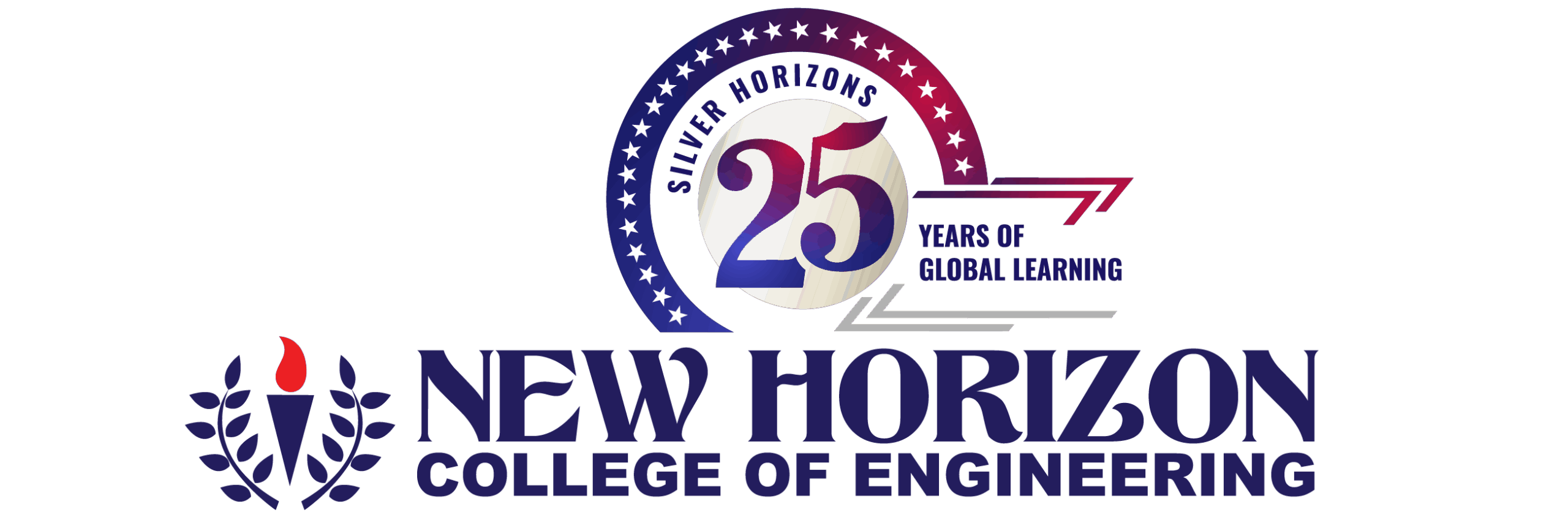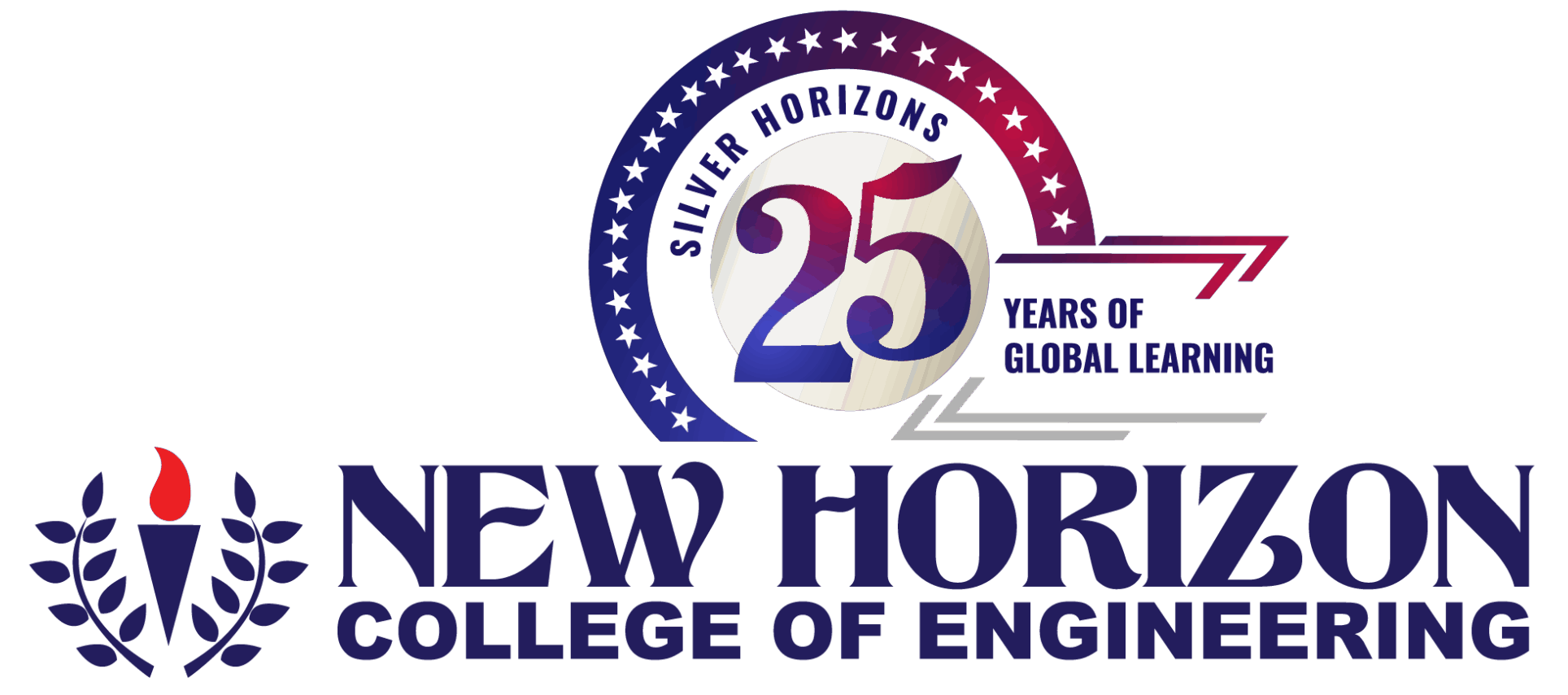BLOG
The Internet and The Fifth Generation

It can occasionally surprise you to see the changes that the internet has brought about. It has improved nearly every work area’s performance level. Without relying on the TV or newspaper, you may access the latest news from anywhere in the world. Numerous books and periodicals are now accessible online from libraries all around the world, giving education a major boost. Professionals can now share knowledge and resources online, improving research. Nowadays, students have the choice of choosing online courses. Most job openings are now listed online, making it simpler than ever to apply for positions. Enhancing business connections and transactions has helped save crucial time. Online banking and shopping have simplified life.
Let’s think back to it with the phenomenal rise of the telecommunications sector in recent years. It was at this period that cordless phones began to supplant landlines and the effects of the internet started to be felt. Our phones have become more functional and speedier with each new generation of wireless networks. The planet has so far seen four generations, with a few areas seeing a fifth.
The sole purpose of the first generation of mobile phones was to place and receive calls. The second version added phone calls, text messages (SMS), picture messages (MMS), and basic internet browsing. Then, as the third generation’s data transfer speed improved, new features like video calls, quicker web surfing, and messaging apps were added. The fourth-generation later introduced LTE (Long Term Evolution) and LTE+ (Long Term Evolution Advanced), which further enhanced internet speed, but development is still ongoing.
It is expected that the fifth generation will be substantially faster than the fourth generation. The global median download speed over 5G during Q3 2020 was 954 % quicker than that over 4G, according to GSMA research. For clarity, a 2-hour movie would download over a 5G network in about 10 seconds as opposed to 7 minutes over a 4G network. Not only will 5G supply quicker and more dependable mobile bandwidth than 4G, but it will also open new horizons.
In addition, as we move closer to the Internet of Things, everything we see will be connected to our smartphones via sensors and will be able to communicate and use from virtually anywhere. Forecasts write down that there will be more than 75 billion connected Internet of Things (IoT) devices in use by 2025. This would be a growth of almost three times the installed base of IoT in 2019.
The manufacturing and service sectors have greatly benefited from the internet’s ability to spread their firms abroad. These days, a wide variety of machines may communicate with one another and with their environment. A machine that can make judgments on its own and work without human interference is being developed through research. If this were to be done, the working practices of the industry would undergo significant changes.
The advancement of education has been made possible via the Internet. By pushing a few keys and perusing the web, it offers quick access to enormous amounts of information found anywhere in the world. The use of virtual and augmented worlds has increased learning immersion. The idea of online classes has changed traditional classrooms and allowed teachers to simultaneously instruct students all over the world.
The Internet gives healthcare professionals quick access to information that can help with the diagnosis of medical disorders or the creation of effective treatment strategies in clinical settings. It can enable access to patient information, test findings, and best practices right from the exam room. Additionally, the internet has made it simpler for patients and doctors to communicate.
In the last ten years, the entertainment business has undergone a full shift, moving quickly from planned television programs in the 2000s to the proliferation of video-on-demand services and live streaming in recent years. To put it simply, it has fundamentally changed how we access music, discover artists and their appearances, view movies and videos, and much more.
It’s amazing how the internet has changed every industry. In addition to decreasing the workforce, it has also enhanced the number of options for achieving them. It has eased our lives in many ways by bringing the outside world too near to us. Millions of jobs have been created worldwide thanks to internet use. Life now has added dimensions thanks to it. The way technology is understood today has radically altered because of the development of the internet. Along with improving the various fields of study in more established branches like Mechanical Engineering, Civil Engineering, Electrical & Electronics Engineering, and Instrumentation Technology, it has given rise to several new engineering courses like Artificial Intelligence and Machine Learning Engineering, Computer Engineering, Information Technology, and Instrumentation Technology.
The top engineering college must be chosen by young people who want to study engineering courses. Because there will be a quick change in the way that different subjects and their applications are understood when different Internet generations are introduced. One of the best engineering colleges in Bengaluru, Karnataka, according to sources is New Horizon College of Engineering. Students now constantly stay up to date with the evolving technologies thanks to their partnerships with many major corporations. The teaching strategies at New Horizon College of Engineering have begun to use innovative technologies like virtual and augmented realities. Therefore, the New Horizon College of Engineering would be a preferable choice for individuals who want to work as engineers in the future.

